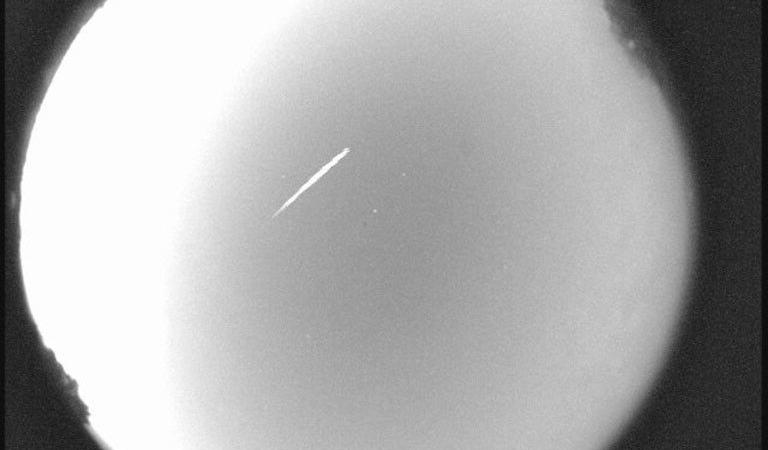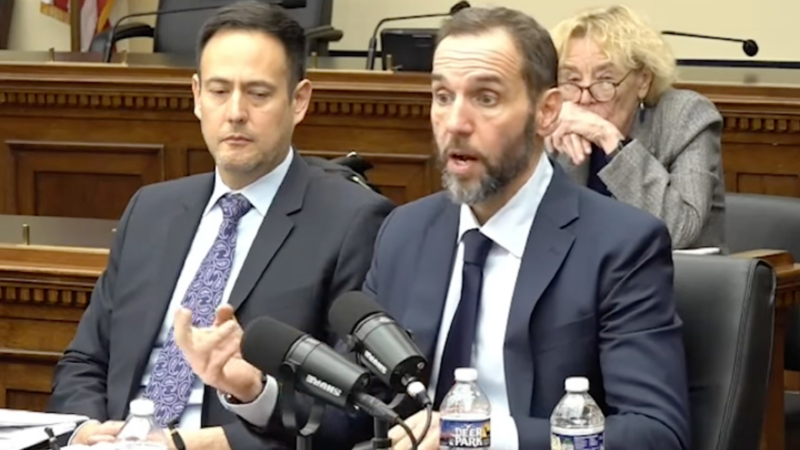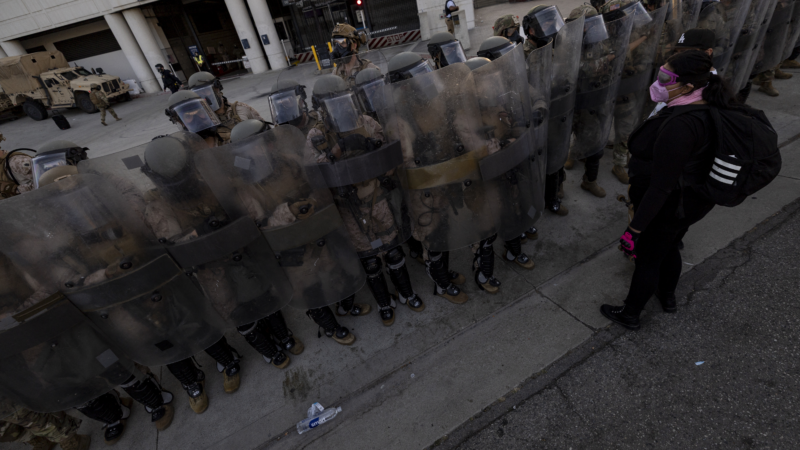Fast-moving Eta Aquarid meteor shower to light up the predawn sky
Time to roll out your picnic blanket and unfold those lawn chairs: A meteor shower is set to streak across the (very) early morning sky on May 6.
The annual Eta Aquarid meteor shower is expected to peak early Tuesday morning with meteors flying into Earth’s atmosphere at speeds of 40.7 miles per second, according to NASA. Eta Aquarids come from the leftover comet particles, pieces of broken asteroids and other space debris that originate from the famous Halley’s Comet, which takes about 76 years to orbit the sun once.
With the right preparation and an early alarm clock, there will be plenty of opportunities to spot around 50 meteors per hour at the peak of this shower, according to the U.S. space agency.
How and when to view the shower
The moon will set by roughly 3 a.m. on May 6, NASA said, leaving the dark skies at their most ideal condition for meteor spotting until dawn.
If you live in the Northern Hemisphere, you can expect to see about 10 to 20 meteors per hour. Those living south of the equator will see a far more active sky, thanks to the different viewing location of the Eta Aquarids’ radiant — the point in the sky from which meteors appear to originate. For Eta Aquarids, that radiant is the Aquarius constellation, which is higher up in the sky in the Southern Hemisphere than it is in the Northern Hemisphere.
Here are some tips to get the full experience, according to NASA:
- Find an area outside far from city or street lights.
- Get comfy with a blanket or lawn chair.
- Lie on your back, place your feet facing east and look up.
- Be patient! It will take some time for your eyes to adjust to the darkness, but don’t worry! The shower will last until dawn.
U.S. military strikes 5 more alleged drug boats, killing 8
The U.S. military says it struck five alleged drug-smuggling boats over two days. The attacks killed eight people, while others jumped overboard and may have survived. U.S. Southern Command did not reveal where the attacks occurred.
Capitol riot ‘does not happen’ without Trump, Jack Smith told Congress
Former special counsel Jack Smith also described President Trump as the "most culpable and most responsible person" in the criminal conspiracy to overturn the 2020 election results, according to a transcript of Smith's closed-door interview with the House Judiciary Committee.
Trump will drop push for National Guard deployments in Chicago, LA and Portland, Ore.
Courts blocked troops from deploying in Chicago and Portland, Ore., and the Los Angeles deployment effectively ended after a judge blocked it earlier this month.
What Stranger Things gets right about wormholes
The final episode of fifth season of the Netflix series Stranger Things is out this week, and the concept of a wormhole figures largely into it. While the show is a work of fiction, theoretical wormholes have making appearances for decades not only in science fiction but in actual science.
Photos: The world welcomes the new year
As fireworks light the sky and crowds count down together, communities around the globe welcome 2026.
Meet five new species discovered in 2025
A bumpy snailfish, Andean mouse opossum and ancient sea cow were just some of the many species described in 2025.







